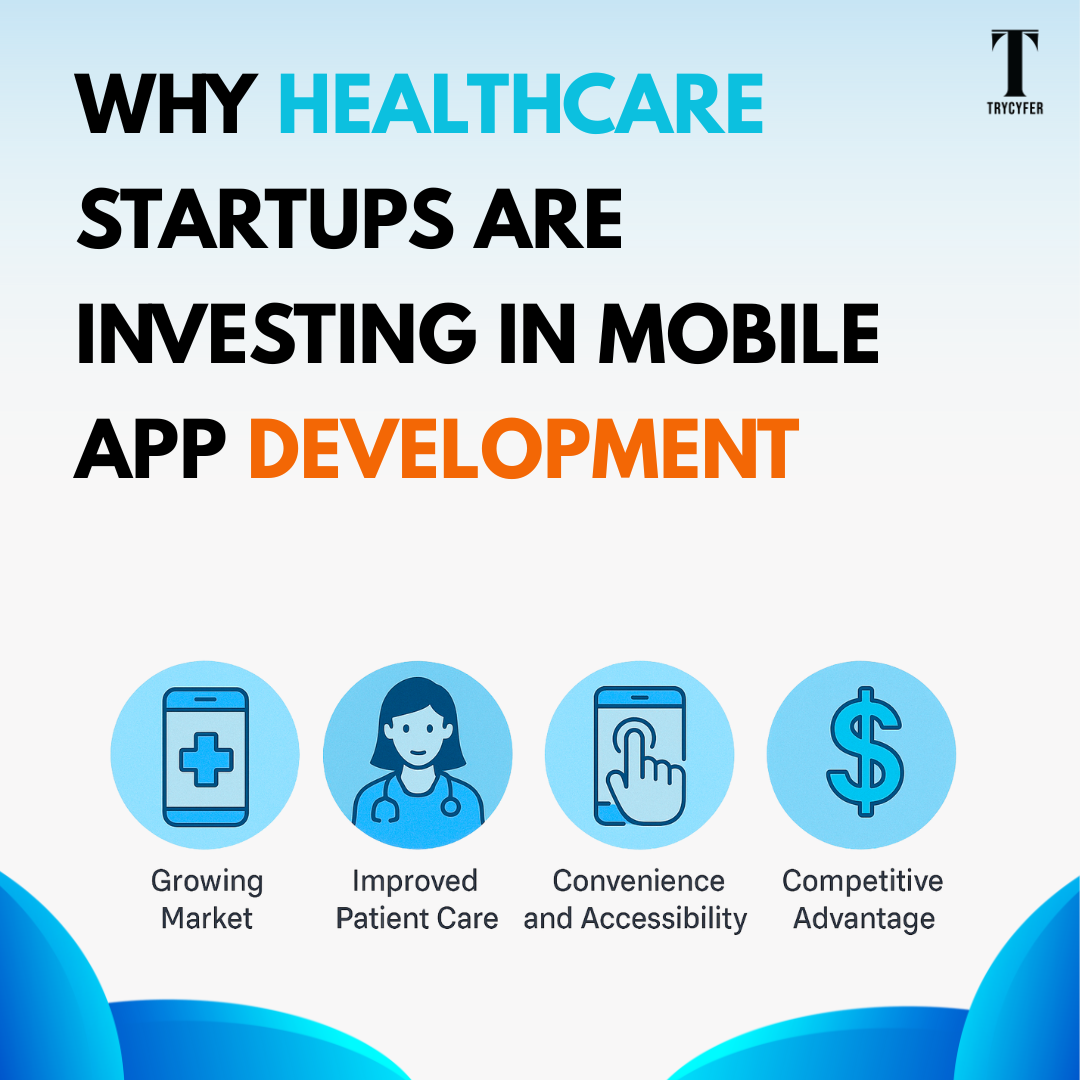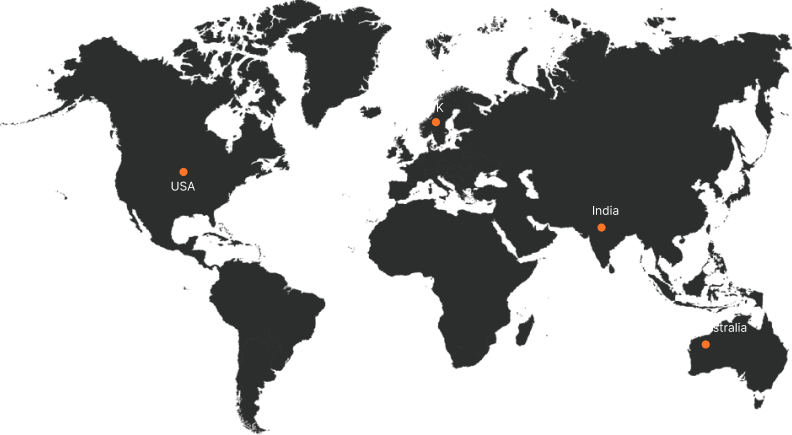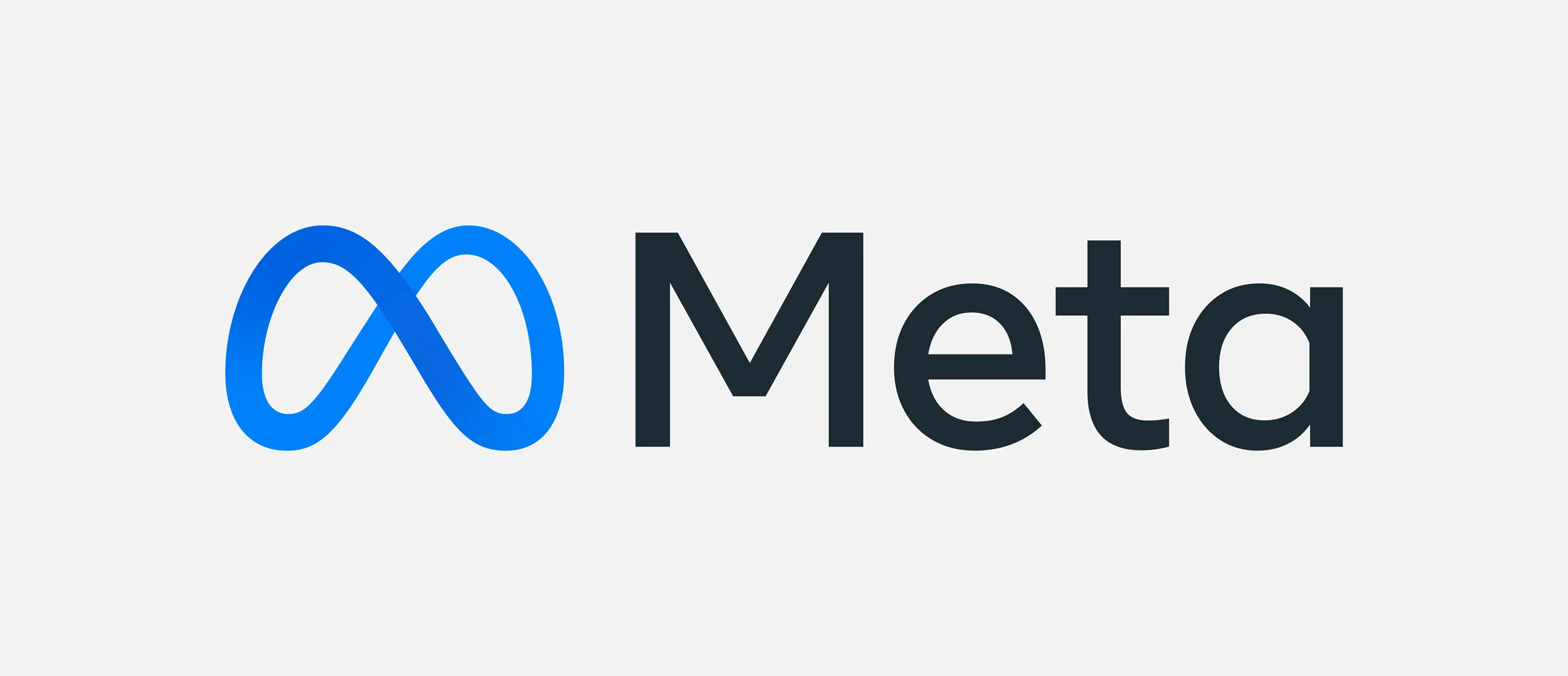Why Healthcare Startups Are Investing in Mobile App Development

The healthcare industry is undergoing a digital revolution, and startups are at the forefront of this transformation. One of the most significant trends is the surge in healthcare app development, as startups recognize the immense potential of mobile technology to reshape patient care, streamline operations, and unlock new business opportunities. Here’s an in-depth look at why healthcare startups are making mobile app development a strategic priority.
1. Increasing Demand for Accessible and Convenient Healthcare
Patients today expect healthcare services to be as accessible and convenient as other aspects of their digital lives. Mobile apps enable users to book appointments, consult with doctors, access medical records, and receive reminders—all from their smartphones. This on-demand access is especially valuable for busy individuals, those with mobility challenges, and people living in remote areas. By investing in healthcare app development, startups can meet the rising expectations for convenience and 24/7 healthcare access.
2. Advancements in Mobile Technology
Rapid advancements in mobile technology have opened the door to sophisticated health solutions. Features like high-definition video calls, AI-driven symptom checkers, real-time chat, and integration with wearable devices are now possible on mobile platforms. These technological leaps allow startups to offer telemedicine, remote patient monitoring, and personalized health tracking, making care more interactive and effective than ever before.
Read more: How to Unsave Pins in Pinterest
3. Cost-Effectiveness Compared to Traditional Infrastructure
Building and maintaining physical clinics, call centers, or paper-based systems is expensive and often inefficient. Healthcare app development allows startups to deliver a wide range of services digitally, reducing overhead costs and streamlining operations. Mobile apps can automate appointment scheduling, billing, patient communication, and even triage, allowing startups to scale their services without the need for massive investments in physical infrastructure.
4. Real-Time Health Data Collection and Personalization
Mobile apps can collect vast amounts of health data in real time, from daily activity levels and medication adherence to vital signs and symptom reports. This data can be analyzed to create personalized care plans, monitor patient progress, and trigger timely interventions. Startups leverage this capability to offer tailored health recommendations, improve outcomes, and demonstrate measurable value to both patients and providers.
5. Growing Acceptance of Digital Health Solutions
Regulators, healthcare providers, and patients are increasingly embracing digital health tools. Governments have relaxed telemedicine regulations, insurance companies are covering virtual visits, and hospitals are integrating digital platforms into their workflows. This favorable environment encourages startups to innovate and launch new solutions, knowing there is growing acceptance and support for digital health.
Read more: How to Off Active Status on Instagram
6. Expanding Reach to Underserved and Remote Populations
Healthcare access remains a challenge in many rural and underserved communities. Mobile apps bridge this gap by delivering consultations, health education, and remote monitoring to anyone with a smartphone, regardless of location. Startups investing in healthcare app development can reach new markets, improve health equity, and make a meaningful social impact.
7. Integration with Wearable Devices and IoT
The rise of wearable devices and the Internet of Things (IoT) has transformed personal health monitoring. Startups can integrate their apps with smartwatches, fitness trackers, glucose monitors, and other devices to provide comprehensive health management. This integration enables continuous monitoring, early detection of health issues, and data-driven insights for both users and clinicians.
8. Competitive Advantage in a Rapidly Evolving Market
The healthcare sector is highly competitive, with established players and new entrants vying for market share. Having a robust mobile app can be a key differentiator, helping startups stand out, attract users, and build brand loyalty. Apps also provide a direct channel for communication, marketing, and engagement, strengthening the startup’s position in a crowded field.
9. Scalable Business Models and Revenue Streams
Mobile apps support scalable business models that are attractive to investors and founders alike. Startups can monetize their apps through subscriptions, pay-per-consultation, in-app purchases, advertising, or partnerships with healthcare providers and insurers. The digital nature of apps allows for rapid scaling, both in terms of user base and geographic reach, without the constraints of physical expansion.
Read more: What is CFBR on LinkedIn
10. Support for Preventive Care and Chronic Disease Management
Preventive care and chronic disease management are critical areas where mobile apps excel. By providing continuous engagement, reminders, educational content, and remote monitoring, apps help users stay on top of their health and manage conditions like diabetes, hypertension, and asthma. This proactive approach not only improves patient outcomes but also reduces healthcare costs in the long run.
11. Enhanced Patient Engagement and Education
Mobile apps make it easier for patients to engage with their health by offering interactive tools, educational resources, and personalized feedback. Push notifications, gamification, and progress tracking keep users motivated and informed, leading to better adherence to treatment plans and healthier behaviors.
12. Data-Driven Insights for Providers and Startups
The analytics capabilities of mobile apps provide valuable insights into user behavior, health trends, and treatment effectiveness. Startups can use this data to refine their offerings, improve user experience, and demonstrate impact to stakeholders. Providers benefit from real-time dashboards and reports that support clinical decision-making and population health management.
13. Regulatory Compliance and Security
Modern healthcare app development platforms are designed to meet stringent regulatory requirements for data privacy and security. Startups can implement features like end-to-end encryption, secure authentication, and audit trails to protect sensitive health information and build trust with users. Compliance with standards such as HIPAA and GDPR is now more achievable, allowing startups to operate confidently in regulated markets.
14. Rapid Prototyping and Iterative Development
The mobile app ecosystem supports rapid prototyping, testing, and iteration. Startups can launch a minimum viable product (MVP), gather user feedback, and quickly refine their app based on real-world usage. This agility is essential in the fast-moving healthcare sector, where user needs and regulatory requirements can change rapidly.
15. Attracting Investment and Strategic Partnerships
Investors are increasingly interested in digital health startups due to the scalability and innovation potential of mobile apps. A well-designed, functional healthcare app can serve as a proof of concept, attracting funding and opening doors to partnerships with hospitals, insurers, and technology providers. Startups with a strong mobile presence are better positioned to secure resources for growth and expansion.
Conclusion
The decision by healthcare startups to invest in healthcare app development is driven by a combination of market demand, technological opportunity, cost efficiency, and the potential for meaningful impact. Mobile apps empower startups to deliver accessible, personalized, and scalable healthcare solutions that meet the evolving needs of patients and providers. As digital health continues to gain momentum, startups that embrace mobile app development will be well-equipped to lead the transformation of healthcare for years to come.
Read more: How to Recover a Facebook Account?











